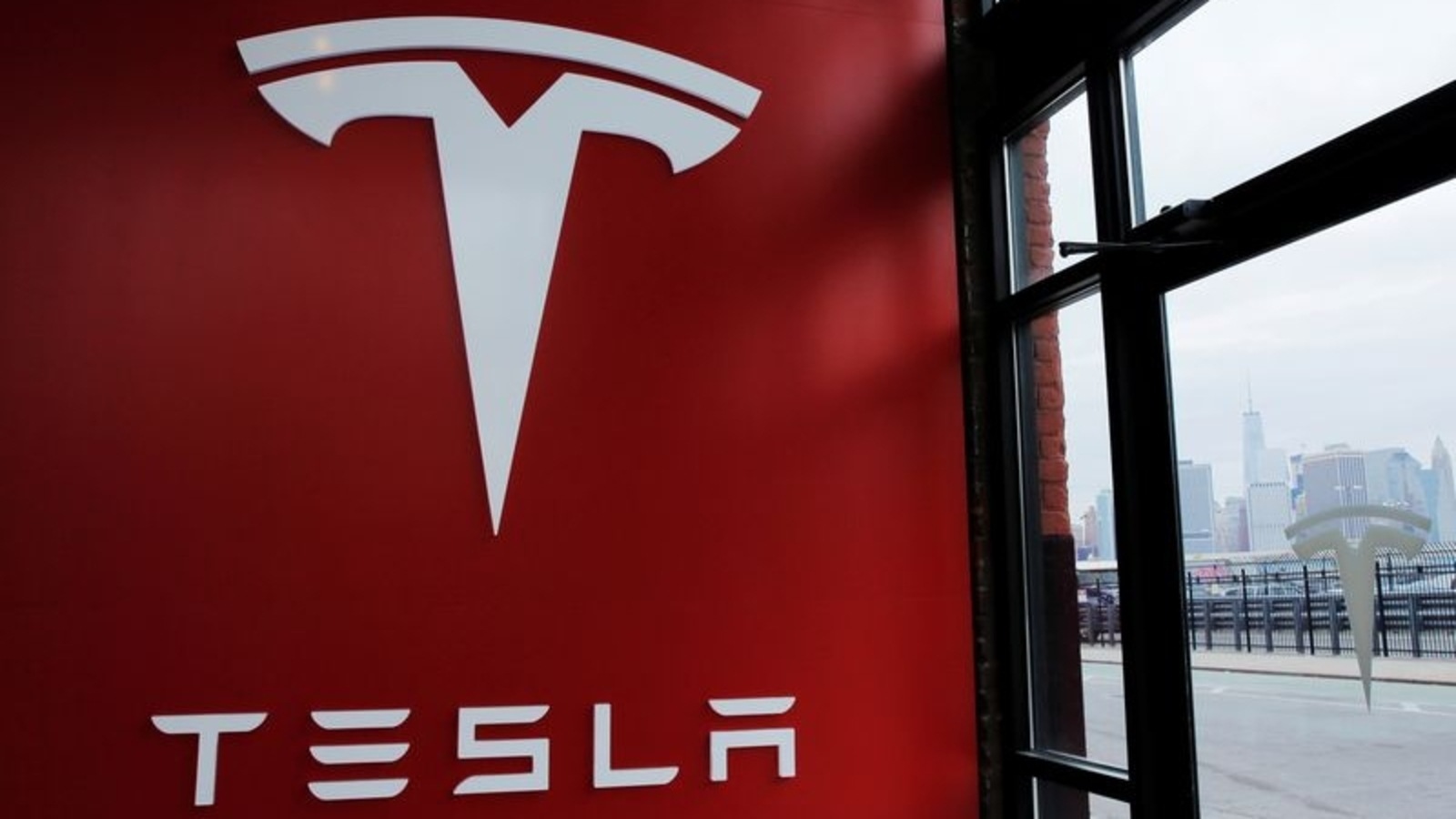Tesla friend turns foe after teen’s tragic accident
The Riley family were Tesla true believers: James excitedly plunked down $100 to become one of the first 700 owners of the Model S, Jenny treated a service representative like one of her own children and Barrett dreamed of one day working for Elon Musk.
The Riley family were Tesla true believers: James excitedly plunked down $100 to become one of the first 700 owners of the Model S, Jenny treated a service representative like one of her own children and Barrett dreamed of one day working for Elon Musk.
But in a federal courthouse this week in Florida, James Riley occasionally wept on the stand as he told jurors he believed Tesla Inc.’s negligence resulted in his son Barrett’s death.
Early in the evening of May 8, 2018, shortly before he was to start his freshman year at Purdue University, Barrett died in a fiery wreck when he crashed his father’s Tesla S into the wall of a house. His friend in the front passenger seat was also killed; a buddy in the backseat survived.
Tesla argues that Barrett Riley had a history of dangerous driving and that his parents failed to rein him in before he lost control of the car while driving 116 miles per hour (187 kilometers per hour) on Seabreeze Boulevard in Fort Lauderdale, Florida.
James Riley contends the world’s most valuable car maker shouldn’t have de-activated a speed limiter feature that Tesla technicians had installed at his wife’s request after Barrett was ticketed weeks earlier for driving at 112 mph in a 50 mph zone.
The showdown marks the first time Tesla has had to defend itself at a trial over a fatal crash involving one of its cars. It’s a remarkable turnabout for a family that previously had been so deeply loyal to the company.
James Riley told jurors he had been a “huge, crazy believer” in Tesla. A former military and commercial airline pilot who later ran a technology company, Riley placed the order for his Model S, a seven-seater sedan, in 2010 — and waited almost two years to receive it.
The father of seven children went on to buy several more Teslas in the next few years, including a Model X SUV that he drove and another for his wife, Jenny. Inside Tesla he became known as a VIP customer.
Jenny became like a “second mom” to a Tesla service representative who hailed from her hometown and handled issues with their cars, James Riley told jurors. The rep became so close to the family that he would take Barrett to local car meets and joined holiday dinners at the Riley home, the father said.
When James Riley was invited to attend the grand opening of Tesla’s Gigafactory in Nevada in 2016, he said, he took Barrett on what became a father-son bonding trip. Barrett sneaked up toward the stage and stood mesmerized as he shot a video of Musk speaking, his father recalled.
Months before the crash, the high school senior with a head of thick, dark hair stood casually under Purdue’s famed “Gateway to the Future” arch as he posed for a picture during a campus tour with his father.
Barrett never walked through that gate again.
This week, Tesla’s lawyers showed jurors snippets of videos taken from multiple camera angles on the day of the accident, pointing to Barrett in the gray Model S zipping past his friend’s car in a flash.
They paused at a shot showing a plume of smoke rising up in the distance — the crash scene. Barrett, who was racing with his friends, didn’t make a turn near a sign with flashing lights clearly indicating a 25 mph speed limit, Tesla’s attorney said in court.
James Riley recalled for the six-person jury that he spoke to Musk on the phone days after the CEO first emailed him, unexpectedly, about the crash. He said the billionaire told him that the speed limiter — which was designed to prevent the Model S from going faster than 85 mph — shouldn’t have been removed without his authorization, as the owner of the car.
An attorney for Tesla told jurors that’s not how the unrecorded phone call went — and plans to introduce evidence that Barrett Riley “tricked” the company’s staff into de-activating the limiter when he visited the shop to pick up the car after it was serviced.
James Riley said he and his wife had considered taking Barrett’s car keys away after he was cited for speeding, but there were some logistical issues. It was a busy last month of classes for Barrett and he was also the designated family driver to pick up his siblings from school and other activities. They didn’t think he’d be safe taking Uber rides.
“We always came back to Tesla is the safest car in the world and we wanted our family in the safest car,” Riley said.
Jenny is “now a shell of her former self” and cries inconsolably many times a week, James Riley told jurors. She broke down in the courtroom during jury selection and didn’t return for opening statements.
The father, who used to work long hours, said he shut down a health information management company after Barrett’s death and will take a financial hit for it.
Barrett was about to start a “fantastic journey” at Purdue, which offered an internship program with Tesla through a special tie-in with the company, Riley said. The father’s “great expectations” of a “wonderful life” for his son are lost, he said as sounds of his soft sobs filled the courtroom.
Barrett’s room in the family home is “pretty much just as he left it.” The Purdue acceptance letter, he said, is still in there.
For all the latest Technology News Click Here

